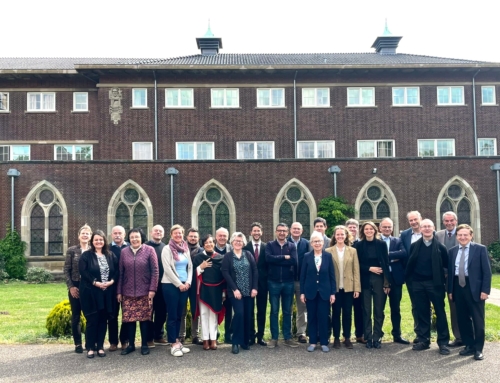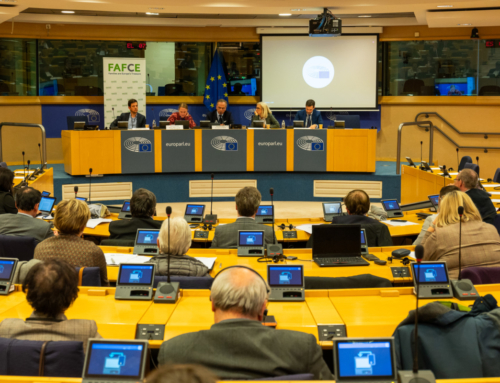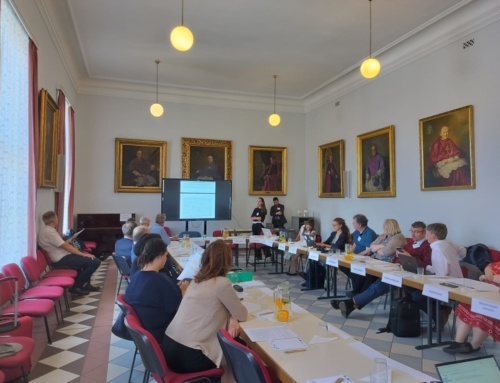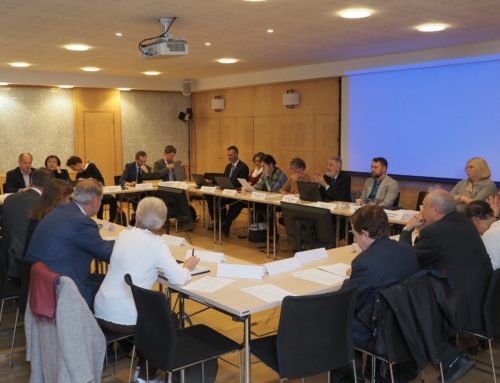Brussels, 9 October 2019
The new European Parliament is starting its legislative activities and the Members of the College of the European Commission have started to present their concrete programs. During the last European Elections period FAFCE ran the Vote for the Family Campaign, with a Manifesto titled “Stronger Families for Flourishing Societies”. But we also wrote that manifestos are not enough. We need to commit ourselves, as families, and all the EU policymakers to rebuild relationships and community in Europe.
Recalling FAFCE’s 20th Anniversary Declaration – Families’ are Europe’s Treasure and building block for the future (Rome, 31 May 2017), calling on the Governments of the European States to promote and create family policies at the national level and to promote family friendly EU policies, whilst respecting the principle of subsidiarity;
Recalling its Board Resolution for a Demographic Spring (Vienna, 13 April 2018), asking to put the family at the centre of national policies, so that the demographic winter could become a demographic spring and to shape the future of Europe;
Recalling its Board Resolution on Rebuilding Europe Restarting from the Family (Malta, 15 May 2019), inviting all European families to be protagonists of innovative family policies, considering the family as the generative nucleus which gives life to all sectors of the society, in relation to education, economy and employment;
Considering that Parents, or legal guardians, have the primary responsibility for the upbringing and development of the child (Convention on the Rights of the Child, Art. 18.1) and that the family is the hub for social inclusion and the guarantee of freedom;
our Board, gathered in Brussels, invites all the European decision-makers, to establish an European Natality Pact, ensuring that there are no obstacles in public policies, interfering with the personal commitment of parents and with their wish to develop their family, starting from the following points:
- to seriously consider the concrete and legitimate desire of young people to form a family and the fact that this desire is too often prevented by cultural and economic reasons;
- to work for a society where families get a fair financial recognition for their service and contribution to society, to ensure that families have supporting infrastructures and enough time together, so that they can realize their desire for children;
- when implementing the new Directive on Family-work balance, to take into account specificities of every Member State and to adapt it in order to grant a real freedom of choice for parents. Breastfeeding should be ensured and the bonds of mothers and fathers with their children should be duly recognized;
- To encourage the governments to improve their family and demographic policies, which must be considered as social and economic investments for the future of Europe.









